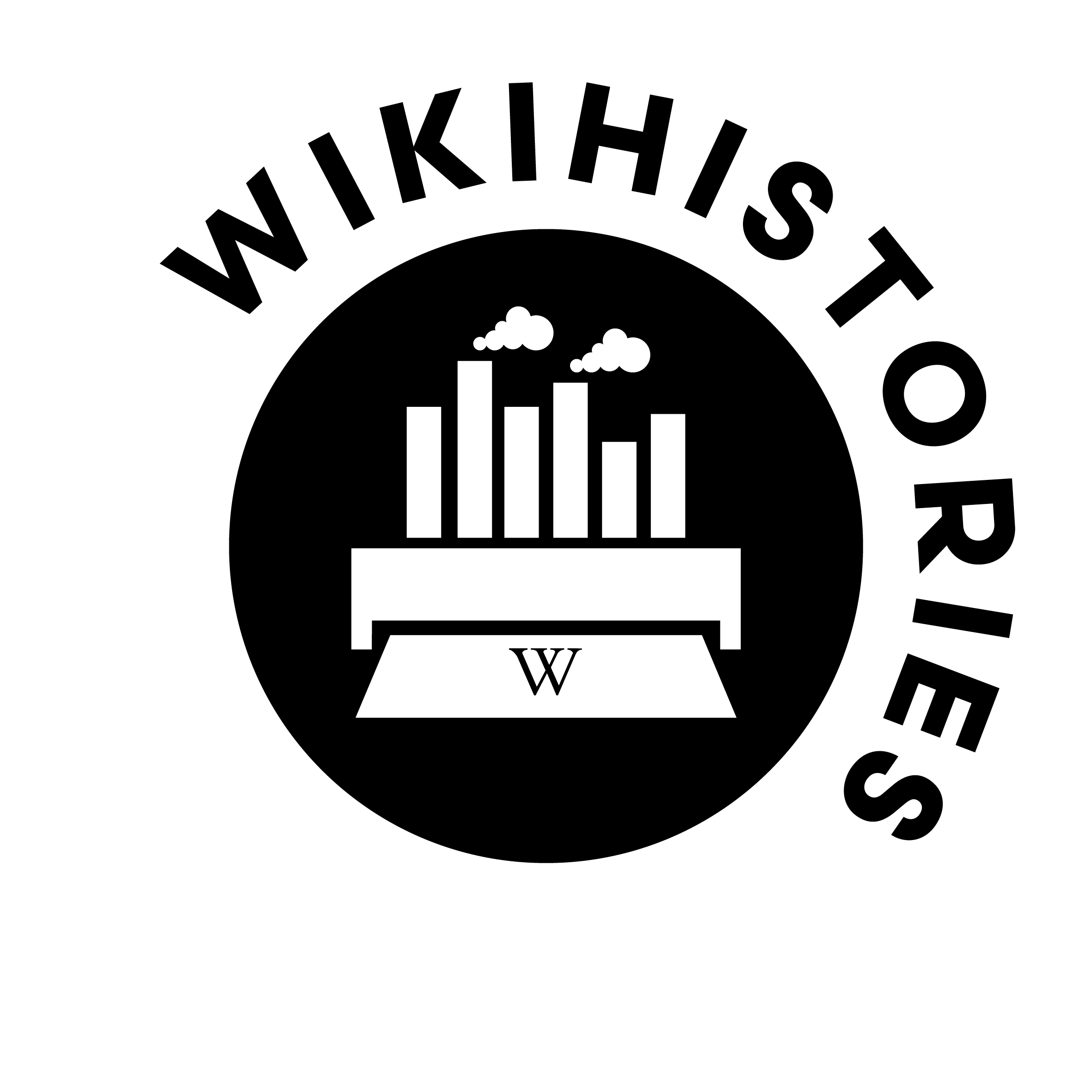Watch Petros’s talk on YouTube.
Most studies on Wikipedia have ignored the crucial role that Wikipedia editors play in the production of historical knowledge. Instead, most works on Wikipedia have focused either on the accuracy of Wikipedia and its relation to education, or on the history of Wikipedia as an online platform and encyclopedia, or on the structures of Wikipedia including its participation practices, open character, hierarchy, underrepresentation of specific social groups, and bias in its contents. This approach has underestimated the active agency that Wikipedia editors play in the construction of history online and has viewed editors as passive consumers of historical information online. This paper focuses on Wikipedia editors and approaches them as active producers of history. By conducting an online survey, this study asks Wikipedia editors themselves how and why they get involved in the production of historical knowledge on Wikipedia. Specifically, 100 Wikipedia users participated in the survey and shared their stories and experiences from writing about history in the online platform. The results of the survey and the stories that participants shared in their answers provide an overview of how Wikipedia users engage with history, how and why they choose to edit specific historical themes and topics over others, their editing challenges, their historical interests, their personal relation with the historical topics they choose to edit, their educational background, and their collaboration with other editors.

Petros Apostolopoulos is a historian with expertise in digital and public history. He is currently a Postdoctoral Researcher in Digital History and Historiography working on the LuxTIME project. Petros holds a Ph.D. in Public History from North Carolina State University (2022). His Ph.D. dissertation, “Discussing the Past: The Production of Historical Knowledge on Wikipedia,” explored how historical knowledge is produced on Wikipedia and will be published by De Gruyter in 2023. During his Ph.D. studies, he worked as a Research Assistant in digital history projects at the Center for Spatial and Textual Analysis (CESTA) at Stanford University.
